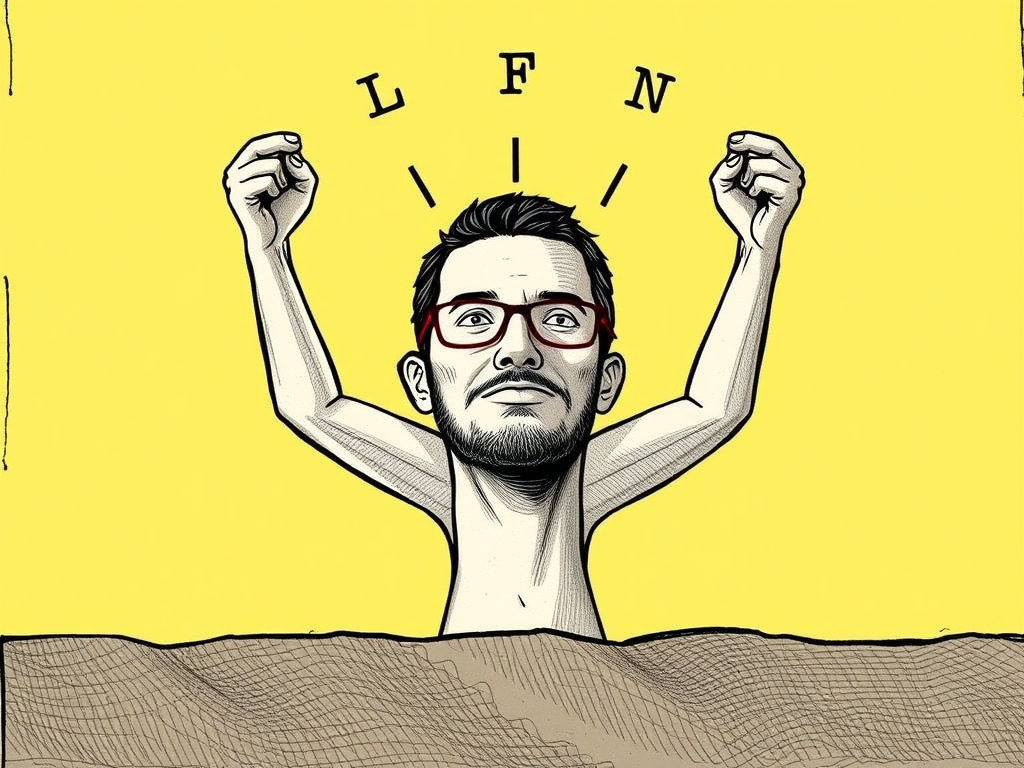Procrastination is a pervasive issue that affects a staggering 80-95% of college students, leading to a significant decline in academic performance and potential financial setbacks in the future. Understanding the psychological and behavioral roots of procrastination is crucial for overcoming this challenge and staying motivated with assignments. Key Takeaways: Procrastination affects 80-95% of students, resulting in decreased academic performance and potential future financial setbacks. Common psychological causes, such as fear of failure, task aversion, and perfectionism, exacerbate stress and anxiety. Effective strategies to combat procrastination include setting clear goals, breaking tasks into smaller parts, and using the Pomodoro Technique for focused work sessions. Enhancing task value, practicing mindfulness, and maintaining accountability can significantly boost motivation. Establishing a distraction-free workspace and seeking professional help, if necessary, are crucial for continual progress and productivity. Understanding the Prevalence and Impact of Procrastination Procrastination affects a vast majority of students. Studies show it impacts between 80–95% of college students and 86% of high school students. This isn’t just a minor issue; academic performance takes a hit because of procrastination. Students who delay their work often see a significant drop in GPA, exam scores, and assignment grades. There’s a clear pattern here; putting off assignments can lead to poor results. For instance, a shocking 56% of late assignments ended up with an F. This isn’t something you can overlook. It’s essential to address procrastination head-on to prevent these adverse impacts on educational outcomes. Recognizing this widespread issue is the first step toward finding solutions that keep you on track and motivated. The Psychological and Behavioral Roots of Procrastination Procrastination often stems from a blend of psychological and behavioral factors. Fear of failure is a major cause, driving individuals to delay tasks to avoid potential negative outcomes. When tasks are particularly unpleasant or boring, task aversiveness kicks in, leading to procrastination as a way to dodge these unwelcome feelings. Perfectionism can play a huge role too. The need to perfect every detail can stall progress, as nothing feels good enough to start or finish. Self-regulation difficulties make it tough to control impulses and manage time effectively, causing delays in starting assignments. Emotionally, procrastination introduces a host of negative feelings. Stress, anxiety, and depression can set in, creating a cycle that’s hard to break. Over 80% of students experience these emotional effects, which can worsen procrastination. Identifying these root causes can help in developing strategies to combat procrastination, paving the way for healthier productivity habits. Recognizing these tendencies can lead to proactive steps to tackle them. Consequences Beyond Academic Performance Procrastination isn’t just an academic issue; it affects overall well-being significantly. Stress and anxiety levels often climb as deadlines near, leading to poor mental health and decreased academic output. Over time, consistent procrastination can have severe consequences on future earnings. Evidence suggests each point of increase in procrastination may lower future income by $15,000 (Sirois). This isn’t just about grades—it has real-world financial impacts. Addressing procrastination early can mean better career opportunities and a healthier mind. How Students Typically Procrastinate Procrastination isn’t unusual among students, with distractions everywhere. Watching TV and surfing social media are popular ways folks steer clear of diving into their assignments. Students often find these activities serve as temporary escapes, offering relief from the pressure of upcoming deadlines. Interestingly, research shows procrastination rates differ by task type. Students are more likely to procrastinate on term papers and prepping for exams. These tasks often seem overwhelming and require more focus, leading to avoidance. On the other hand, administrative tasks such as filling out forms or organizing study materials see lower procrastination rates. These tasks seem less daunting and more manageable, making them less likely to be put off. It might surprise some, but about one-third of students’ daily activities may involve procrastination. This means a significant chunk of time that could be spent productively ends up lost. Recognizing this pattern is key to breaking the cycle and discovering better ways to manage time and motivation. Effective Strategies to Combat Procrastination and Boost Motivation Setting clear and achievable goals is a practical way to stay focused. Break assignments into smaller, manageable tasks to make them less intimidating. The Pomodoro Technique can also be a valuable tool; it boosts productivity by working in short, focused intervals. Creating a structured schedule keeps you on track. To stay motivated, consider ways to increase task value and tackle emotional barriers. Practicing self-compassion and mindfulness can improve one’s mindset. Accountability is crucial; engage with peers or join online study groups to maintain momentum. A distraction-free workspace leads to better concentration. Utilize apps designed to block interruptions. If procrastination becomes overwhelming, professional help such as cognitive-behavioral interventions may be beneficial. Remember, these strategies can be customized to fit individual needs. Statistical Highlights and Comparative Analysis Procrastination affects many, and the stats speak volumes. Over 80% of students report negative feelings due to delays in assignment completion. It’s not just about grades; these habits can impact future earnings too. Research from specific source highlights the high prevalence of procrastination among students, linking it directly to missed opportunities and decreased well-being. Here’s how procrastination affects several aspects: Grades: Students who regularly delay their assignments often see a drop in their GPA. This decline impacts academic records significantly. Well-being: Delayed tasks lead to stress, anxiety, and lowered self-esteem. The cycle of procrastination and stress can be hard to break. Future Salary: There’s potential for reduced earnings in the future due to habitual procrastination, as it may lead to missed deadlines and a compromised work ethic assessed by employers. I encourage readers to apply the strategies discussed above to combat procrastination. Prioritizing tasks, setting realistic goals, and maintaining a consistent schedule can transform habits. Overcoming procrastination is crucial not only for academic success but also for professional growth. By embracing effective time management techniques, you pave the way for a more prosperous and fulfilling future. Sources: American Psychological Association – “Procrastination: Ten Things to Know” Solving Procrastination – “Procrastination Statistics” National University
